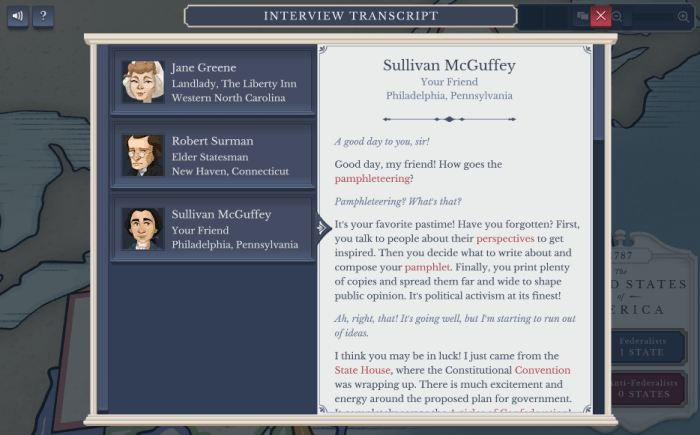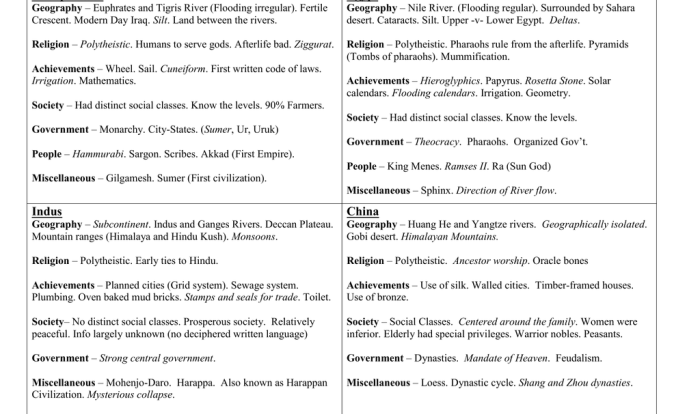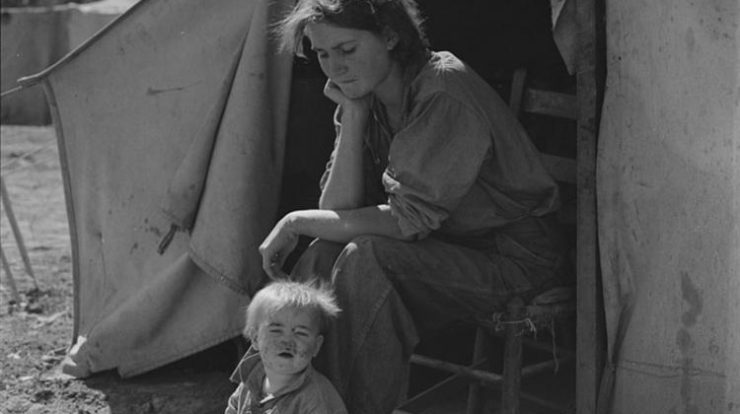Embark on an educational journey with the iCivics Race to Ratify Answer Key, an interactive simulation that delves into the pivotal events surrounding the ratification of the United States Constitution. This engaging resource empowers learners to navigate the complexities of this historical process, fostering civic literacy and critical thinking.
Through a captivating gameplay experience, the simulation immerses players in the challenges and triumphs faced by the Founding Fathers as they sought to secure the Constitution’s adoption. By analyzing key events, understanding diverse perspectives, and exploring the decision-making process, learners gain a profound appreciation for the foundations of American democracy.
The iCivics Race to Ratify: Icivics Race To Ratify Answer Key

The iCivics Race to Ratify simulation immerses players in the historical process of ratifying the United States Constitution. Through interactive gameplay, players learn about the challenges and complexities involved in securing the Constitution’s adoption.
The game mechanics involve players taking on the roles of delegates representing different states. They must engage in debates, form alliances, and make strategic decisions to ensure the Constitution’s ratification within the required timeframe.
Key Historical Events, Icivics race to ratify answer key
The simulation is set against the backdrop of the historical ratification process of the Constitution. Key events include:
- The Constitutional Convention (1787): Where the Constitution was drafted.
- The Bill of Rights (1791): A series of amendments to the Constitution that guaranteed individual liberties.
The simulation highlights the challenges faced by the Founding Fathers in securing ratification, including resistance from anti-federalists who feared a strong central government.
Characters and Perspectives
The game features a diverse cast of characters representing different viewpoints:
- Alexander Hamilton: A Federalist who strongly supported the Constitution.
- James Madison: Another Federalist who played a key role in drafting the Constitution.
- Patrick Henry: An Anti-Federalist who opposed the Constitution’s ratification.
These characters’ interactions demonstrate the complexity of the ratification process and the differing perspectives that shaped the outcome.
Decision-Making and Outcomes
Players must make strategic decisions throughout the simulation:
- Forming alliances with other states.
- Debating the merits of the Constitution.
- Negotiating compromises to address concerns.
The outcomes of the simulation can vary based on player choices, reflecting the historical uncertainties and contingencies of the ratification process.
Educational Value
The iCivics Race to Ratify promotes civic literacy and engagement:
- Teaches students about the historical process of ratifying the Constitution.
- Develops critical thinking and decision-making skills.
- Fosters an understanding of the importance of civic participation.
The game can be used in educational settings to enhance student learning about the foundations of American government.
Game Design and Accessibility
The game features an engaging user interface and intuitive gameplay:
- Clear instructions and tutorials guide players through the simulation.
- Historical context is provided through text and multimedia resources.
- The game is accessible to a wide range of learners.
The game’s effectiveness in conveying historical content is supported by its research-based design and collaboration with historians.
Quick FAQs
What is the purpose of the iCivics Race to Ratify simulation?
The simulation aims to educate learners about the historical events and challenges surrounding the ratification of the U.S. Constitution.
How does the game promote civic literacy?
By immersing players in the decision-making process and exploring diverse perspectives, the simulation fosters critical thinking and an understanding of the principles of democracy.


